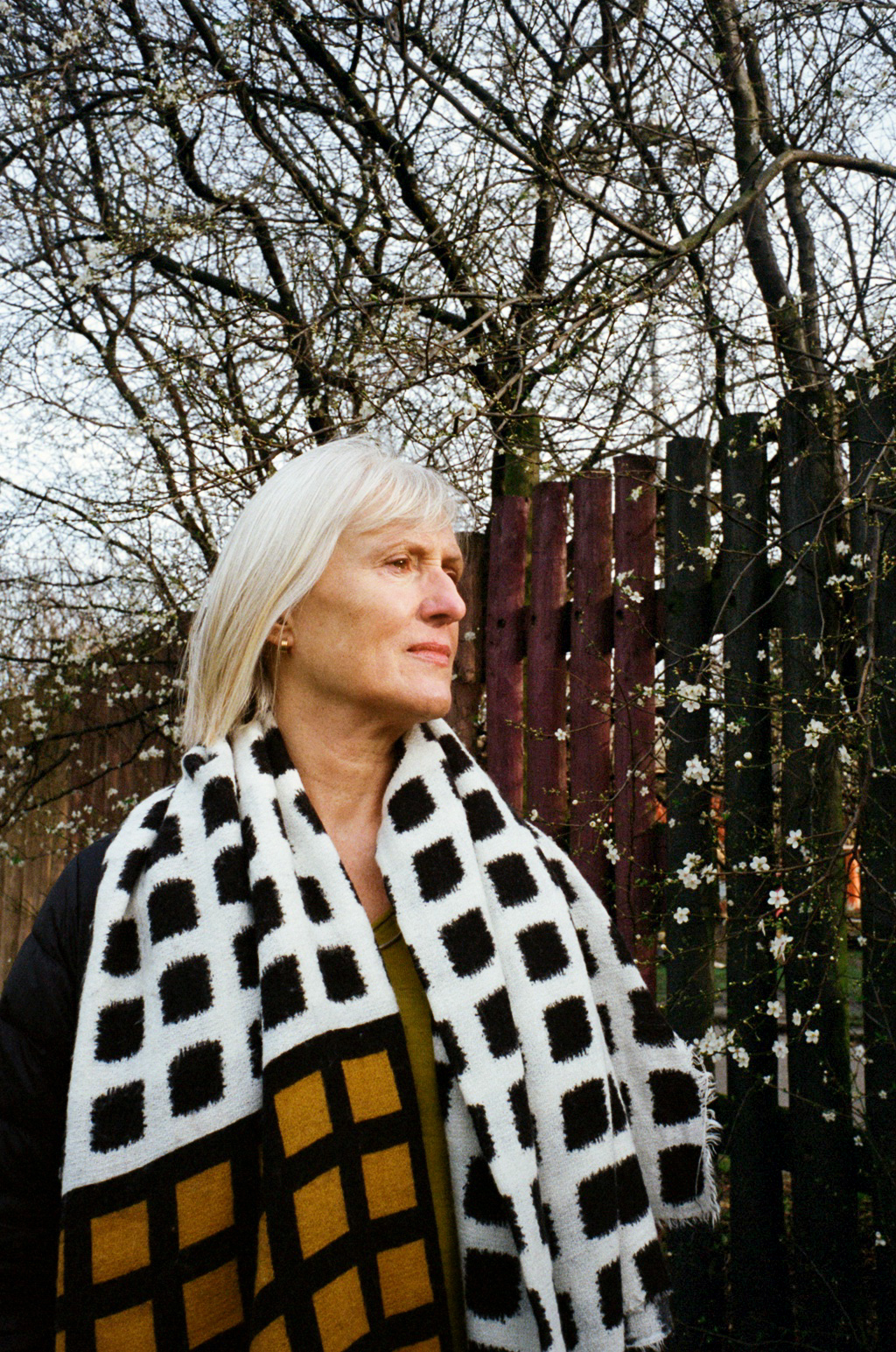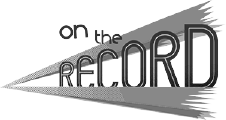Liesbeth de Block
[Talking about the book Every Birth It Comes Different]. We started working, doing more writing within the group, so talking about experiences of childbirth, and obviously because we had people from different parts of the world, very, different customs, and so it was, it was, fantastic actually, sharing those experiences. I mean I was in my twenties and I hadn’t had a child yet and I knew nothing, you know. Also it linked into debates within women’s health, around childbirth and men’s control of childbirth, having to go into hospital to give birth. And the Radical Midwives groups were very vocal. But it was definitely part of a kind of, feminist movement to take control of your bodies and take control over birth. Now, I mean a lot of the writing actually that the students did, they wanted to have hospital births. So it was, you know, it, it was an interesting debate going on at that time. And also we... So then we also had to make a decision about whether it was only going to be women’s writing or whether there were going to be men writing about their experiences of women giving birth, and we decided, well that should be, because there were some good pieces that had been written by men. And I’m glad we did that actually. Because it also widened the discussion. One or two men who were very rigid about, you know, what their place was, their place was not to be there. And at that time, you know, men, the fem- the women’s movement were saying, well men should be at the birth, but, I mean those things have also changed now, that, you know, it isn’t that imperative. But the men were saying, ‘Well it’s nothing to do with me and we don’t want to have anything...’ And the women kind of saying, ‘Aagh!’ you know. You know, ‘We’re doing it; you can bloody see it, you can, you know, you suffer too,’ kind of thing, ‘You get the joy too.’
Liesbeth de Block came to the UK from South Africa when she was twelve. In the early 1970s she taught the ‘bottom stream’ at Haggerston School in Hackney and became interested in how people learnt to read. Looking for an alternative way to teach she moved into adult education, getting a job in 1975 at Centerprise as a part-time, sessional worker in Hackney Reading Centre.
Liesbeth describes the teaching methods used at Hackney Reading Centre and their emphasis on using the students’ own words as reading material. She explains in detail the process of working on the collection of student writing Every Birth It Comes Different, which presented students’ experiences of birth and associated practices from around the world.
Her overriding memory of her time at Centerprise was how exciting it was and she describes how at the time there was a feeling of possibility and change for young people, which she doesn’t think exists today.
Many of Liesbeth’s students were women from the Caribbean, which got her interested in that part of the world. In 1979 she left Centerprise, and the UK, to take a job training teachers for the revolutionary government in Grenada. Liesbeth especially values her time at Centerprise for giving her a sense of the value of education outside of formal institutional structures. She went on to work in education, documentary film and academia.
Interviewed by Nell Osborne.




